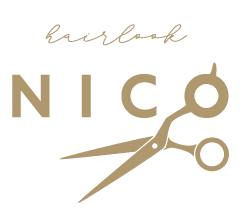A virtual dataroom provides a safe platform to share confidential documents with third party. This allows companies to establish trust and accelerate transactions without divulging sensitive information. VDR software is widely used across various industries.
Mergers and acquisitions depend on VDR software to aid due diligence processes that require multiple parties reviewing massive volumes of documents in short deadlines. Features such as document annotations, Q&A sections, and detailed audit trails allow users to collaborate efficiently and make data-driven decisions. Role-based access, data encryption, and watermarking are all enhanced security measures. Modern VDRs also offer collaboration services that help improve deal flow and increase productivity.
Life science companies are required to disclose confidential data from research and clinical trials with investors, partners and their customers. This www.technologvirtual.com/virtual-technology-virtual-board-room-for-business/ requires a high degree of security and a rapid turnaround. The enhanced security features of VDRs include watermarking, virus scanning and an individualized role-based access. Furthermore, life science VDRs are compliant with regulatory protocols such as HIPAA.
VDR software is commonly utilized by the real estate industry to facilitate the transfer sensitive documents between agents, brokers and clients. Security features that are enhanced in VDRs minimize risk and increase transparency for all parties. The ability to identify who has accessed the documents can also help reduce confusion and the time spent on issues.
Accounting involves the handling of a variety of confidential financial documents. It is therefore important that these documents are shared securely. VDRs offer an accessible central point of entry for all individuals who are authorized to view and share documents. They also offer tools to simplify processes such as due diligence and help ensure GDPR compliance.
